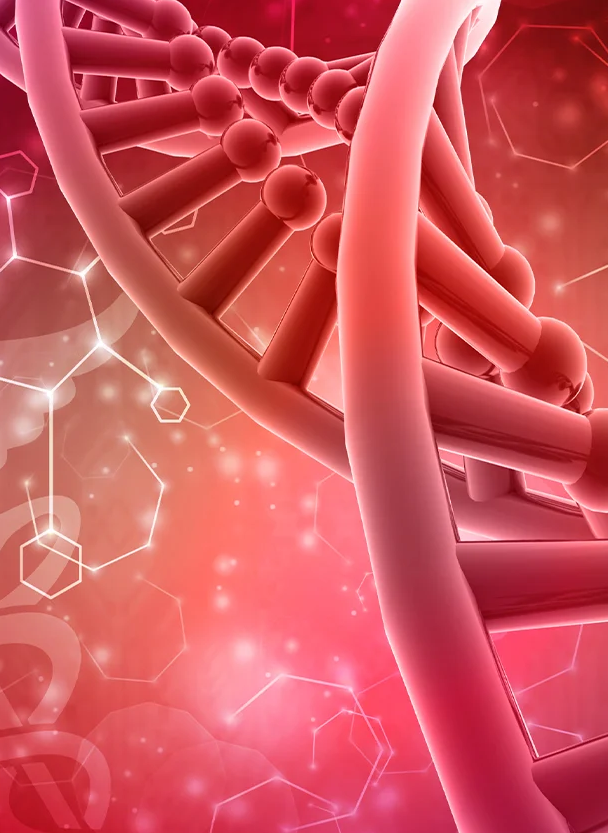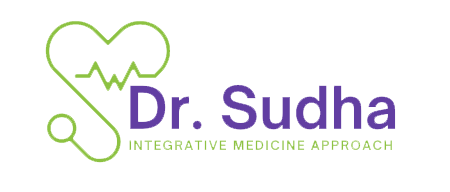Balancing Hormones Naturally
Hormones such as estrogen, progesterone, testosterone, thyroid, and cortisol play a critical role in regulating various physiological processes. When these hormones are out of balance, it can lead to a range of symptoms that impact overall health and well-being.


Common signs of hormonal imbalance in women may include:
• Painful menstrual cycles, bloating, and mood swings
• Unexplained hair thinning or shedding
• Reduced libido or fatigue impacting intimacy
• Persistent abdominal weight gain despite diet and exercise
• Chronic fatigue and reliance on caffeine or sugar for energy
If you’re experiencing these symptoms, it could indicate a hormonal imbalance.
Understanding Hormonal Imbalances
Hormones are biochemical messengers that regulate metabolism, mood, sleep, reproductive function, and other critical body functions. When hormone levels are disrupted, it can result in widespread effects throughout the body.
The following hormonal imbalances are commonly observed in women:
Estrogen Dominance: This occurs when there is an excess of estrogen relative to progesterone. It may cause symptoms such as heavy periods, increased PMS, bloating, and weight gain.
Low Estrogen: Can lead to symptoms including irregular menstrual cycles, vaginal dryness, fatigue, and mood disturbances.
Low Testosterone: Typically associated with reduced libido, loss of muscle mass, and fatigue.
Hypothyroidism: Characterized by weight gain, fatigue, and cold intolerance due to insufficient thyroid hormone.
Adrenal Imbalances: Caused by either insufficient or excessive cortisol production, leading to fatigue, mood changes, and sleep disturbances.
Polycystic Ovary Syndrome (PCOS): Causes irregular periods, infertility, weight gain, and other symptoms related to hormonal dysfunction.
Causes of Hormonal Imbalances
Several factors can contribute to hormonal imbalances:
Dietary Sensitivities: Food allergies or intolerances can cause inflammation that disrupts hormonal balance.
Gut Health: An imbalance in gut flora can interfere with hormone metabolism and contribute to hormonal dysregulation.
Chronic Stress: Elevated cortisol levels from prolonged stress can disrupt the balance of other hormones.
Environmental Toxins: Exposure to endocrine-disrupting chemicals can interfere with hormone function.
Age and Life Stages: Hormonal fluctuations naturally occur with age, particularly during perimenopause and menopause.
Genetics: Genetic factors may affect how hormones are metabolized and how susceptible an individual is to imbalances.
Personalized Treatment Plan
If you suspect a hormonal imbalance, a comprehensive evaluation of your symptoms, medical history, and laboratory tests will help identify the root cause. Based on the results, we develop a personalized treatment plan that may include dietary changes, lifestyle modifications, supplementation, or hormone replacement therapy to restore balance.
By addressing the underlying causes of hormonal imbalance, we aim to optimize your health and improve your quality of life.
To begin your path to hormone balance and better health, schedule a complimentary consultation with us today.
